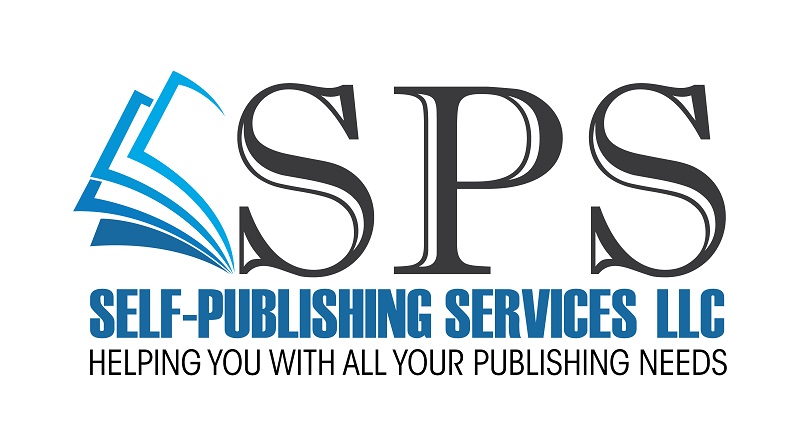You Need a Business Plan
Let’s just get right to the heart of this issue: if you’re an author, you’re a business owner. As a business owner, you need a plan. Writing a business plan can be daunting. It’s full of research and numbers and spreadsheets, things writers don’t usually love. (Not to overgeneralize, but…) Before you stress too much about how to write a business plan (on top of actually writing and on top of marketing), we have some good news. We created a template just for authors that focuses on the factors that are most important in our industry. And we’re giving it to you for free.
But before you get there, let’s talk about a few other key things to create a foundation for your business:
Establish an LLC. Or some kind of official business name and structure. We like LLC’s because they provide good liability protection. (We are not attorneys or business experts, so get an opinion from someone who has letters after their name, like JD or CPA).
Get an attorney. You’ll likely be dealing with contracts at some point, and you need someone who can spot the possible issues and advocate on your behalf.
Get a financial planner and a CPA. You’ll need objective, third-party advice when you’re planning for the expenses and (hopefully) the income connected to your writing career. There are tax implications to owning a business that a CPA can help you navigate, and a financial planner will help you make sure you’re thinking of your own future. Even if your royalties from the first book are only enough to buy you a medium-sized Blizzard from Dairy Queen.
Build your support system. If you’re married or have a partner, ideally this person will be the first member of your fan club. Followed by other close family members and friends who can help shore you up (or bring you back to reality) as circumstances dictate.
Do some soul searching. If your goal is to be a full-time author, what does that look like to you? Be honest. Do some research and figure out what kind of income you can reasonably expect and what kind of commitment it takes (financial and emotional) to get there. If that’s not your goal, what is? Why are you doing this?
When you have the answers to question number five, you’ll be ready to start your business plan. You need to know where you’re going before you can map out how to get there. One more time: start by clearly defining what you want out of your writing career, and don’t be shy about the details. Got it? Great, now go get our free business plan template and get to work.
